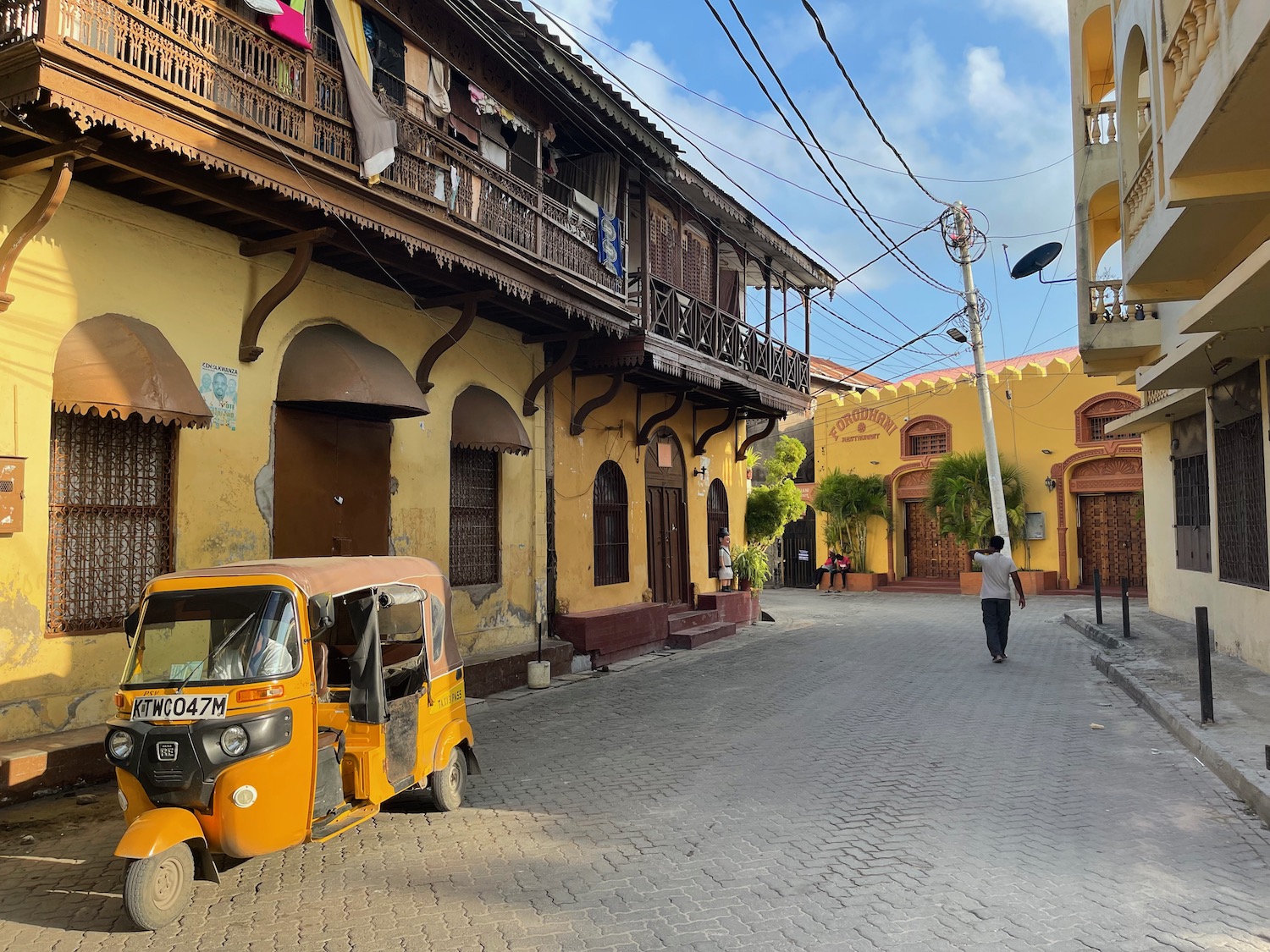- Home
- Local Culture & Heritage
- Beyond the Beach: A Casual Dive into the History of Coastal Kenya Tourism
Beyond the Beach: A Casual Dive into the History of Coastal Kenya Tourism

Sun-kissed sands, turquoise waters, the whisper of palm trees… that’s the picture most people have of a Mombasa holiday. And let’s be honest, it’s a pretty accurate one, especially from our doorstep right here on Nyali Beach.
But if you peel back the layers of that perfect beach selfie, you’ll find a story that goes way deeper than a tan line. The history of the Kenyan coast—and its relationship with visitors—is a centuries-old epic involving Sultans, Portuguese fleets, epic overland journeys, and yes, even some early VIP tourists!
So, grab a seat, maybe a cup of strong Swahili coffee, and let’s take a casual, adventurous look at how this stunning stretch of East Africa became the world-class tourist destination we know and love.
The Original Tourism: Trade and Exploration (Pre-19th Century)
Long before package tours and all-inclusive resorts, the Kenyan coast, particularly the island of Mombasa, was a bustling hub of international travel. This wasn’t leisure tourism, of course, but serious business: the centuries-old Indian Ocean trade network.
Mombasa, Lamu, and Malindi were pivotal ports, drawing sailors and merchants from Arabia, Persia, India, and China. They came seeking ivory, spices, and slaves, leaving behind a rich cultural fusion that we still see today. Think of the narrow, winding alleys of Mombasa Old Town—they weren’t built for a leisurely stroll, they were designed for security and commerce, yet today they’re a must-see for any curious traveler!
The architectural styles, the distinct Swahili language (a beautiful blend of Bantu and Arabic), and the incredible coastal cuisine are all direct descendants of this ancient movement of people. When you wander through the remnants of Fort Jesus, a UNESCO World Heritage site built by the Portuguese in the late 16th century, you’re not just looking at a ruin; you’re standing in a spot that was the definition of “strategic real estate” for centuries.


Safari's Twin: The Rise of Big Game and Early Visitors
Fast forward to the late 19th and early 20th centuries. The word safari—which just means “journey” in Swahili—was about to get a whole new meaning. This era saw a new wave of international visitors: explorers, colonial administrators, and, crucially, the wealthy looking for an adventurous big-game hunting experience.
While the heart of the safari was often the Kenyan interior (hello, Maasai Mara!), Mombasa was the essential gateway. The completion of the Uganda Railway (the infamous “Lunatic Express”) around the turn of the 20th century, linking Mombasa to the interior, cemented the city’s role as the landing point for all things Kenyan adventure. Figures like Theodore Roosevelt and Ernest Hemingway helped cement the romantic image of the East African safari in the global imagination.
Naturally, after weeks of dusty travel and tented camps, these early adventurers needed a place to recover. That’s when the stunning coastline started to gain traction as the perfect spot for “safari and beach” holidays—a winning combination that remains Kenya’s signature travel product today.
The Modern Coastal Boom (Post-Independence to Today)
The real, mass-market coastal tourism boom took off in the 1960s and 70s, following Kenya’s independence in 1963. The government recognized the huge potential of the beautiful beaches and stable climate, and actively encouraged both domestic and foreign investment in hotel development along the coast.
It was during this period that key areas like Nyali, Bamburi, and Diani began their transformation from quiet stretches of sand to the vibrant, hospitality-rich communities they are today. Mombasa became a package holiday darling, especially for European travelers seeking year-round sunshine and pristine beaches.
The emphasis shifted from big-game hunting to conservation and water-based fun. Marine parks and reserves, such as the Mombasa Marine National Park, were established to protect the incredible coral reefs and marine life, allowing for accessible, ethical underwater adventures like snorkeling, diving, and glass-bottom boat rides right off our shores.
This move toward responsible tourism and conservation is a critical part of the modern coastal story. It ensures that the incredible natural attractions that first drew visitors—from the dolphins to the coral gardens—are protected for future generations of travelers.
Nyali: Our Corner of the History
Here at Bahari Beach Hotel, we stand on a piece of that history. Nyali, just north of Mombasa Island, offers that perfect balance: it’s close enough to the city’s historical sites (like Fort Jesus and the Mombasa Tusks) to satisfy your inner historian, yet far enough to provide the relaxed, expansive Nyali beach resort experience you crave.
Whether you’re a local family looking for a weekend getaway, a business traveler extending your trip, or an international tourist finishing a long safari, the coast welcomes you. The best part of coastal tourism today isn’t just the white sand and the warm water; it’s the easy, friendly mix of cultures and the spirit of pole pole (slowly, slowly) that lets you truly unwind.
The coastal region’s history isn’t just in the ruins; it’s in the taste of the Swahili food, the carving of a wooden dhow, and the welcoming “Jambo” from everyone you meet.
Ready to make your own history? We’ve got a room waiting for you.
Plan Your Mombasa Coastal Journey
Looking for a base to explore this incredible history? Bahari Beach Hotel offers comfortable rooms with easy access to all the best coastal experiences, from exploring the Mombasa Marine Park to taking a short trip to Old Town.
Explore our Dining Options and taste the centuries of coastal Swahili fusion.
See our available Experiences and Activities to blend history with beach relaxation.
Ready to book? Check Availability and start your own coastal adventure.


